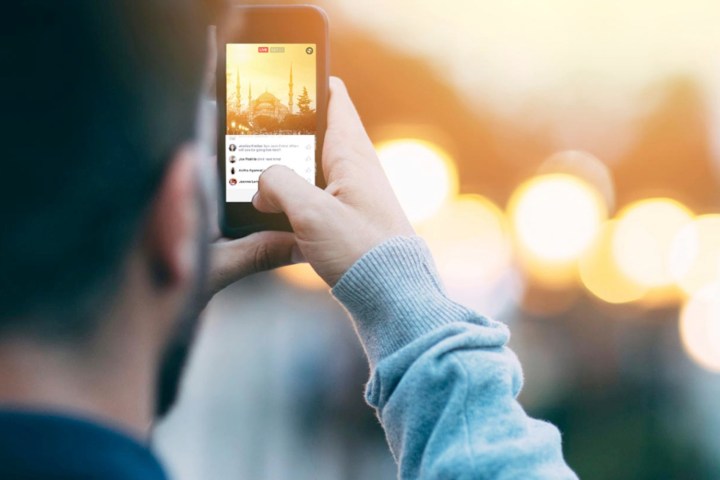
“There are very few rules about how that information is being collected, maintained, [and] disseminated to other agencies, and there are no guidelines about limiting the government’s use of that information,” Michael W. Macleod-Ball, chief of staff for the American Civil Liberties Union’s Washington office, told Politico.
The U.S. Customs and Border Protection argued that the policy is designed to help “identify potential threats,” but the ACLU worries that Arab and Muslim travelers will be unfairly scrutinized under the new system. While the U.S. has said it won’t deny entry to those who don’t provide social media information, critics expect many travelers will automatically fill in all the blanks in hopes of getting through the customs process as quickly as possible.
“The process to enter the U.S. is confusing, and it’s likely that most visitors will fill out the card completely rather than risk additional questions from intimidating, uniformed officers,” said Nation White, senior legislative manager at digital rights group Access Now.
The Internet Association, another organization that opposes the policy, worries that the change could set a dangerous precedent. “Democratic and non-democratic countries — including those without the United States’ due process protections — will now believe they are more warranted in demanding social media information from visitors that could jeopardize visitors’ safety,” said Abigail Slater, general counsel for the Internet Association.
38 countries are included in the visa-waiver program, which allows foreign citizens to visit the United States for up to 90 days without applying for a visa.
Editors' Recommendations
- What is Section 230? Inside the legislation protecting social media
- Instagram will begin hiding like counts as part of a U.S. test next week
- The U.S. will now check social media accounts before approving visas


